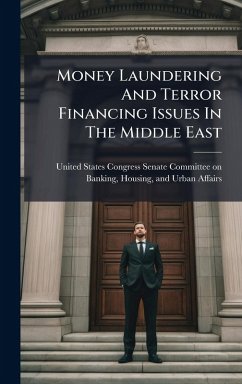
Federalism and Decentralization in the Contemporary Middle East and North Africa
Versandkostenfrei!
Versandfertig in über 4 Wochen
133,99 €
inkl. MwSt.
Weitere Ausgaben:

PAYBACK Punkte
67 °P sammeln!
This book is for anyone interested in alternatives to conventional understandings of the MENA region, with a view towards identifying practical solutions to the longstanding problems of authoritarian governance and ethnic conflict.













